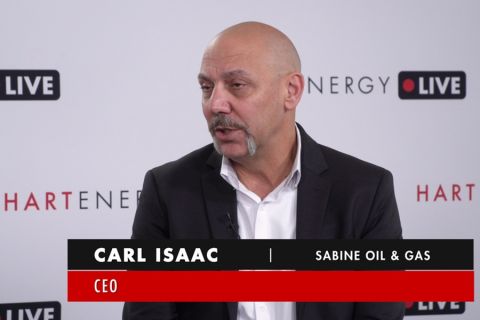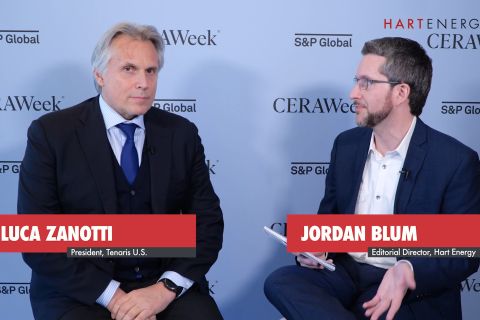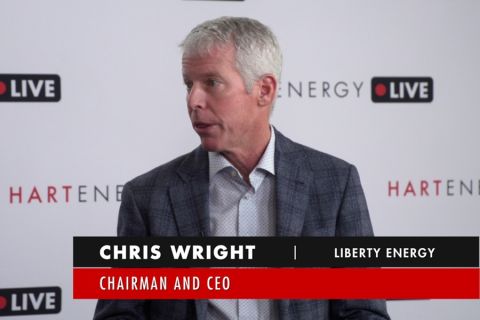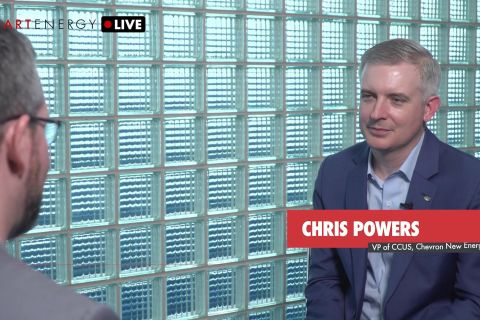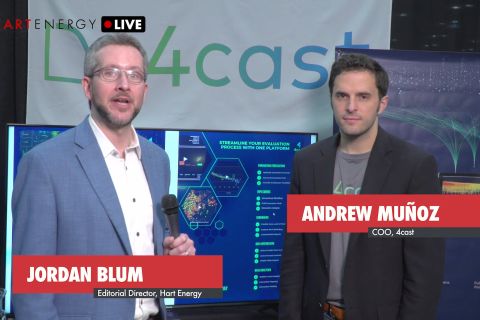Saudi Arabia’s energy minister, Khalid al-Falih, said he expects global oil stocks to fall by the end of the first quarter but added that the market remained vulnerable to political and economic factors as well as speculation.
“We remain focused on fundamentals; I can tell you we will achieve balance between supply and demand in 2019,” he told reporters.
Oil stabilized on Dec. 19 after one of its biggest falls in years, but remained under pressure from oversupply and concern that a slowing global economy would depress demand for fuel.
Falih added that OPEC and non-OPEC members, including Russia, are committed to reducing stocks under the agreement reached in Vienna on Dec. 7. Supplies have already started to fall in the last few weeks, he said.
OPEC and other oil producers agreed this month to curb production by 1.2 million barrels per day, equivalent to more than 1% of global demand, in an attempt to drain tanks and boost prices.
The U.S.-China trade war would not have an impact on Saudi Arabia’s relationship with China, Falih added.
Speaking at a post-budget panel earlier, he said oil giant Aramco will double its production and availability of gas over the next 10 years.
On renewable energy projects, Falih said Saudi Arabia is implementing an agreement with SoftBank Group’s Vision Fund to provide 200 gigawatts of solar power in the kingdom. The country’s Public Investment Fund agreed to invest $45 billion in the giant tech fund led by SoftBank, and the pair is working with other parties on a number of solar projects.
Saudi Arabia is embarking on a drive to transform its economy and reduce its dependence on oil. It views solar power as a way to cut the amount of crude it uses to generate power at home and raise its overseas shipments.
The government also wants to privatize Saudi Electricity as part of wider reforms to its energy sector.
Recommended Reading
Exclusive: Sabine CEO says 'Anything's Possible' on Haynesville M&A
2024-04-09 - Sabine Oil & Gas CEO Carl Isaac said it will be interesting to see what transpires with Chevron’s 72,000-net-acre Haynesville property that the company may sell.
Exclusive: Tenaris’ Zanotti: Pipes are a ‘Matter of National Security’
2024-04-12 - COVID-19 showed the world that long supply chains are not reliable, and that if oil is a matter of U.S. national security, then in turn, so is pipe, said Luca Zanotti, U.S. president for steel pipe manufacturer Tenaris at CERAWeek by S&P Global.
Exclusive: Liberty CEO Says World Needs to Get 'Energy Sober'
2024-04-02 - More money for the energy transition isn’t meaningfully moving how energy is being produced and fossile fuels will continue to dominate, Liberty Energy Chairman and CEO Christ Wright said.
Exclusive: Chevron New Energies' Bayou Bend Strengthens CCUS Growth
2024-02-21 - In this Hart Energy LIVE Exclusive interview, Chris Powers, Chevron New Energies' vice president of CCUS, gives an overview of the company's CCS/CCUS activity and talks about the potential and challenges of it onshore-offshore Bayou Bend project.
Exclusive: As AI Evolves, Energy Evolving With It
2024-02-22 - In this Hart Energy LIVE Exclusive interview, Hart Energy's Jordan Blum asks 4cast's COO Andrew Muñoz about how AI is changing the energy industry—especially in the oilfield.

